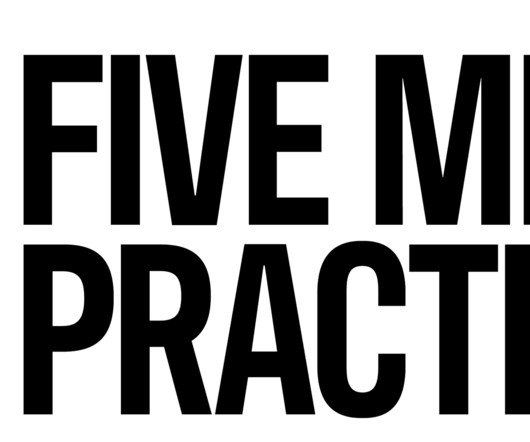Healthcare Administrative Assistant: Skills, Training, and Career Outlook in Connecticut
Physicians Alliance of Connecticut
MAY 27, 2025
Healthcare facilities rely on more than just doctors and nurses — administrative professionals work hard behind the scenes to keep everything running smoothly. Healthcare administrative assistants handle the clerical and office tasks that support patient care. What Does a Healthcare Administrative Assistant Do?













Let's personalize your content